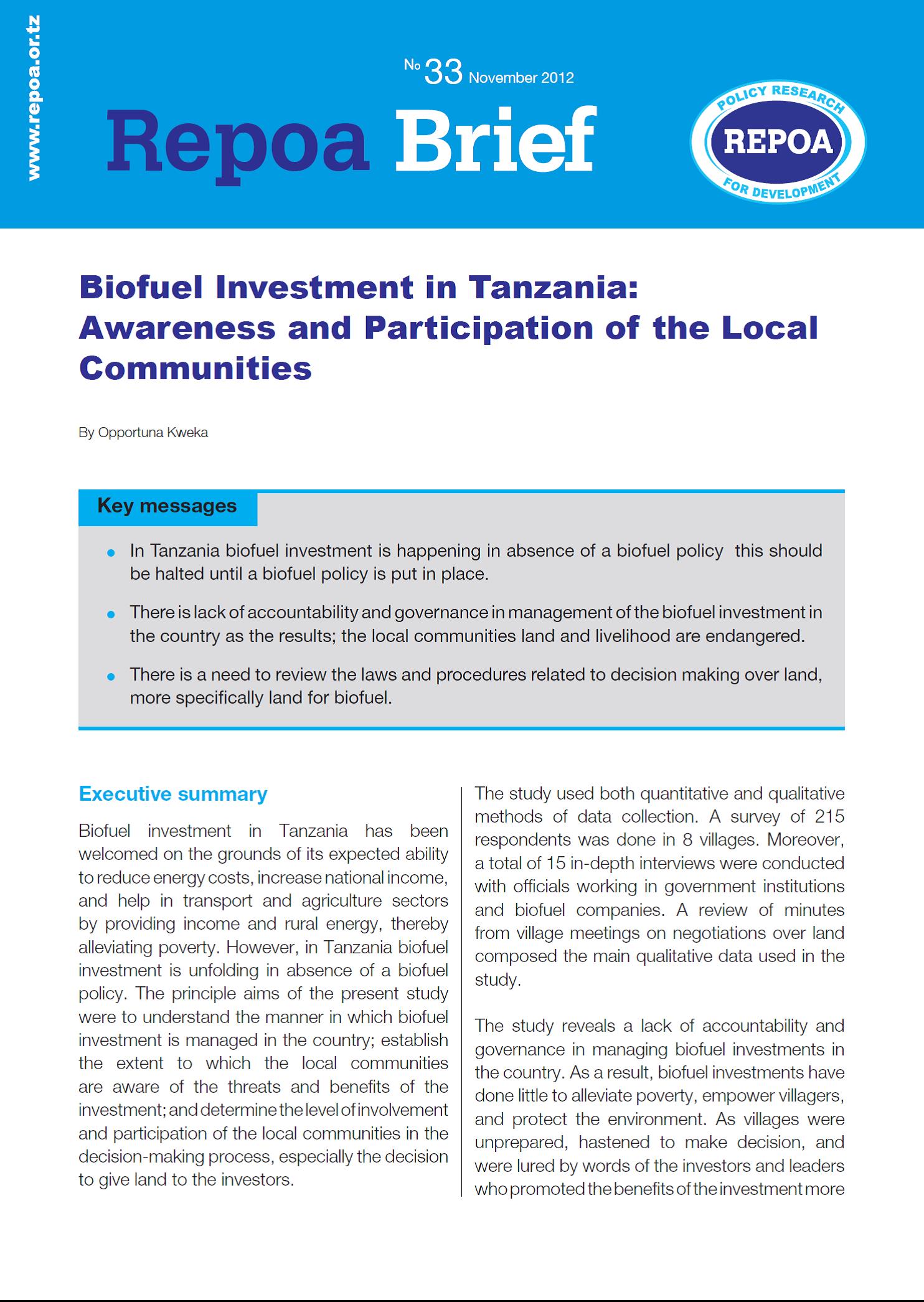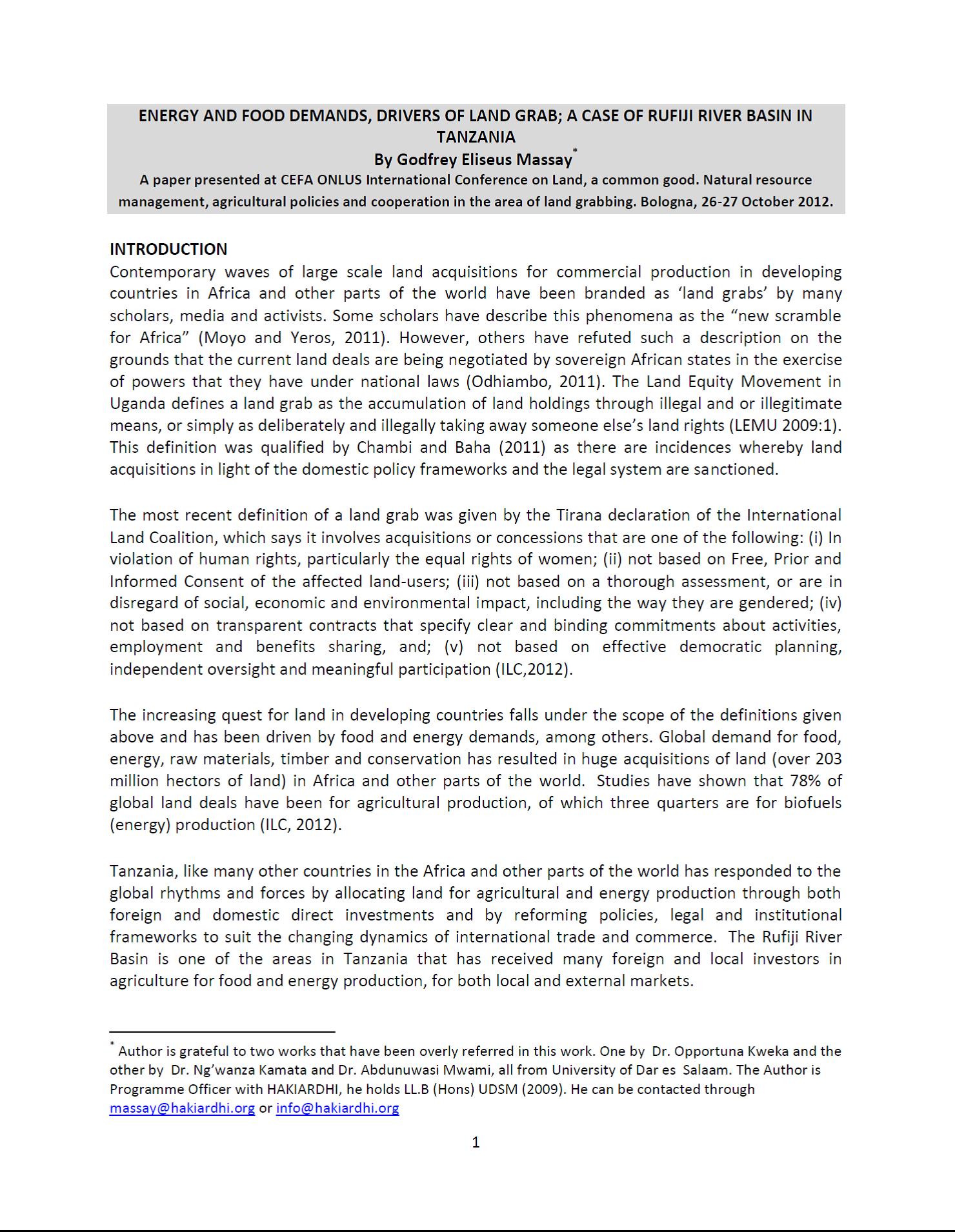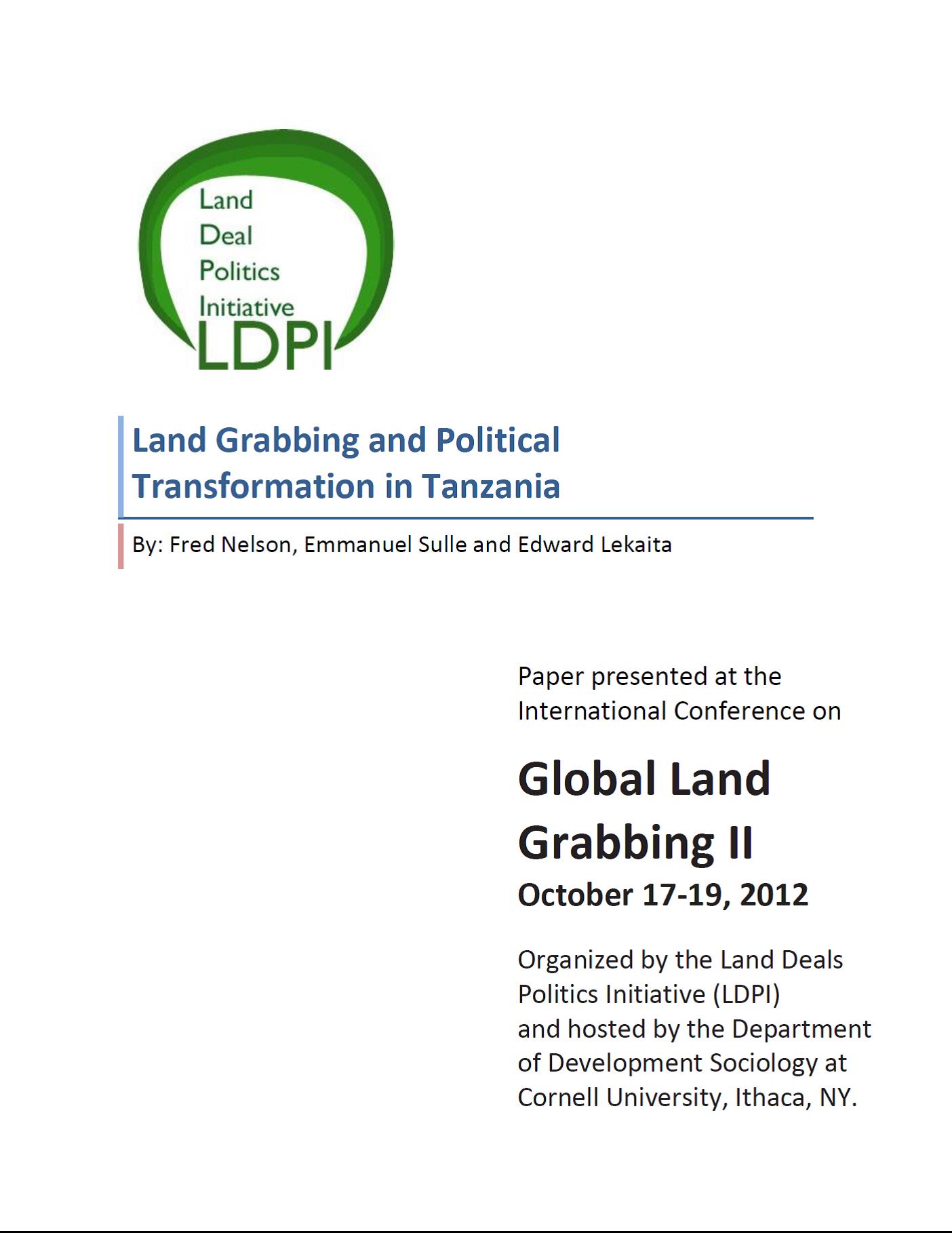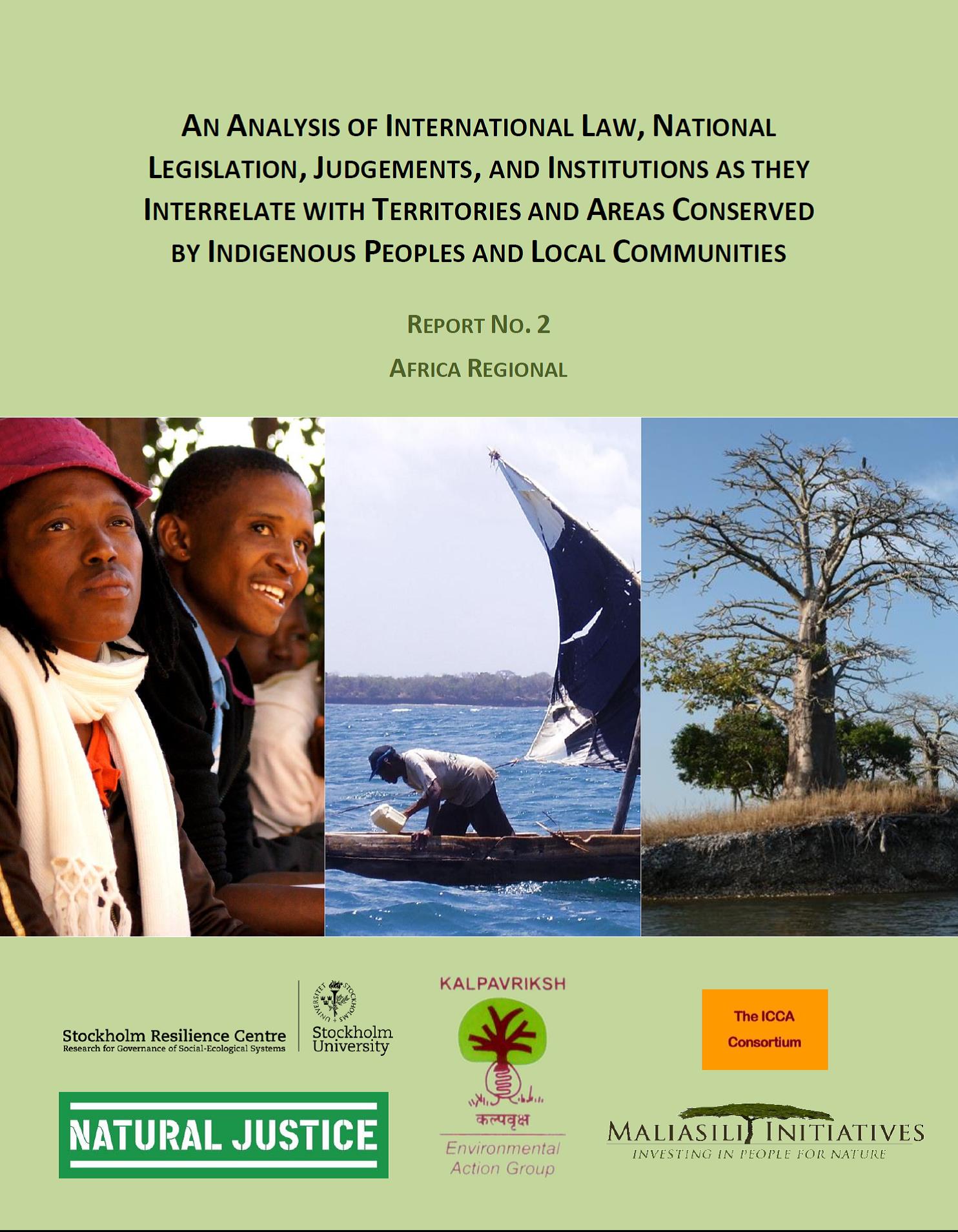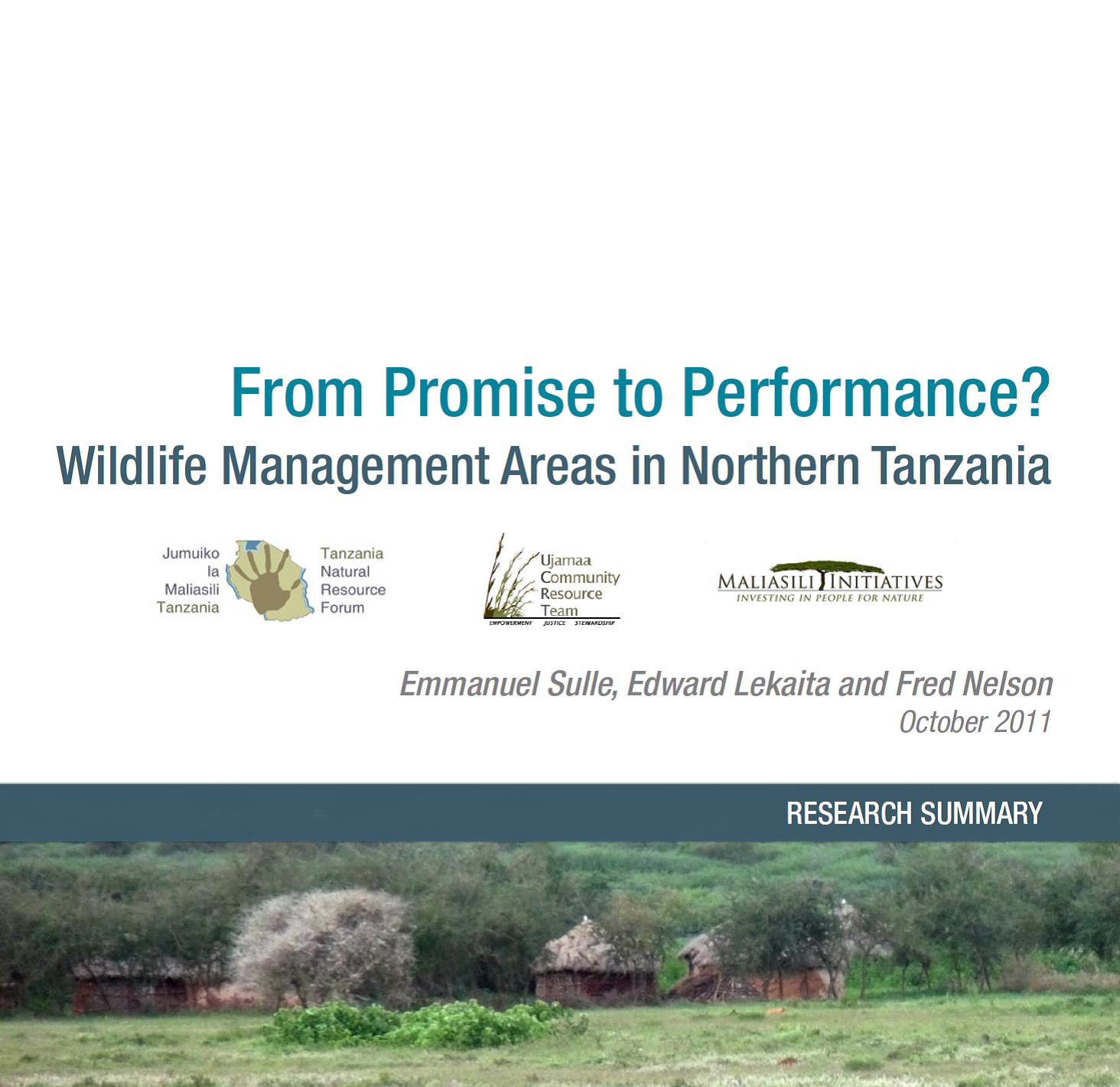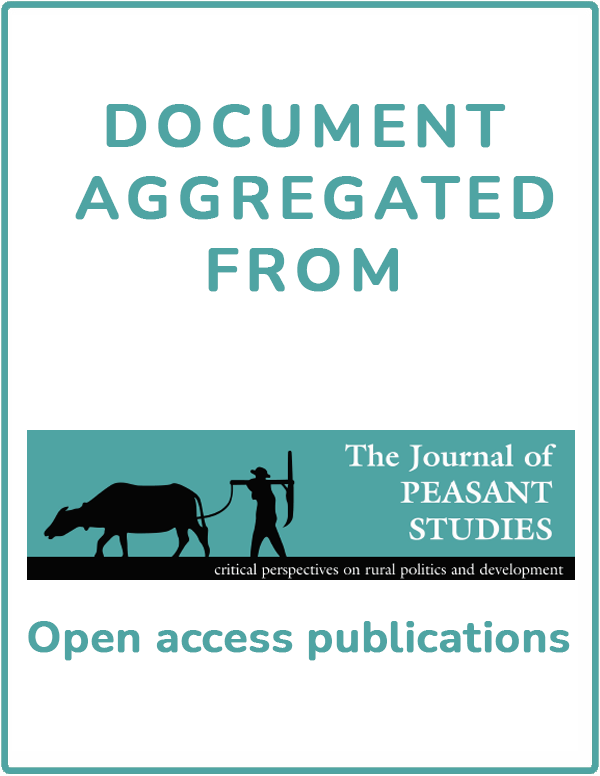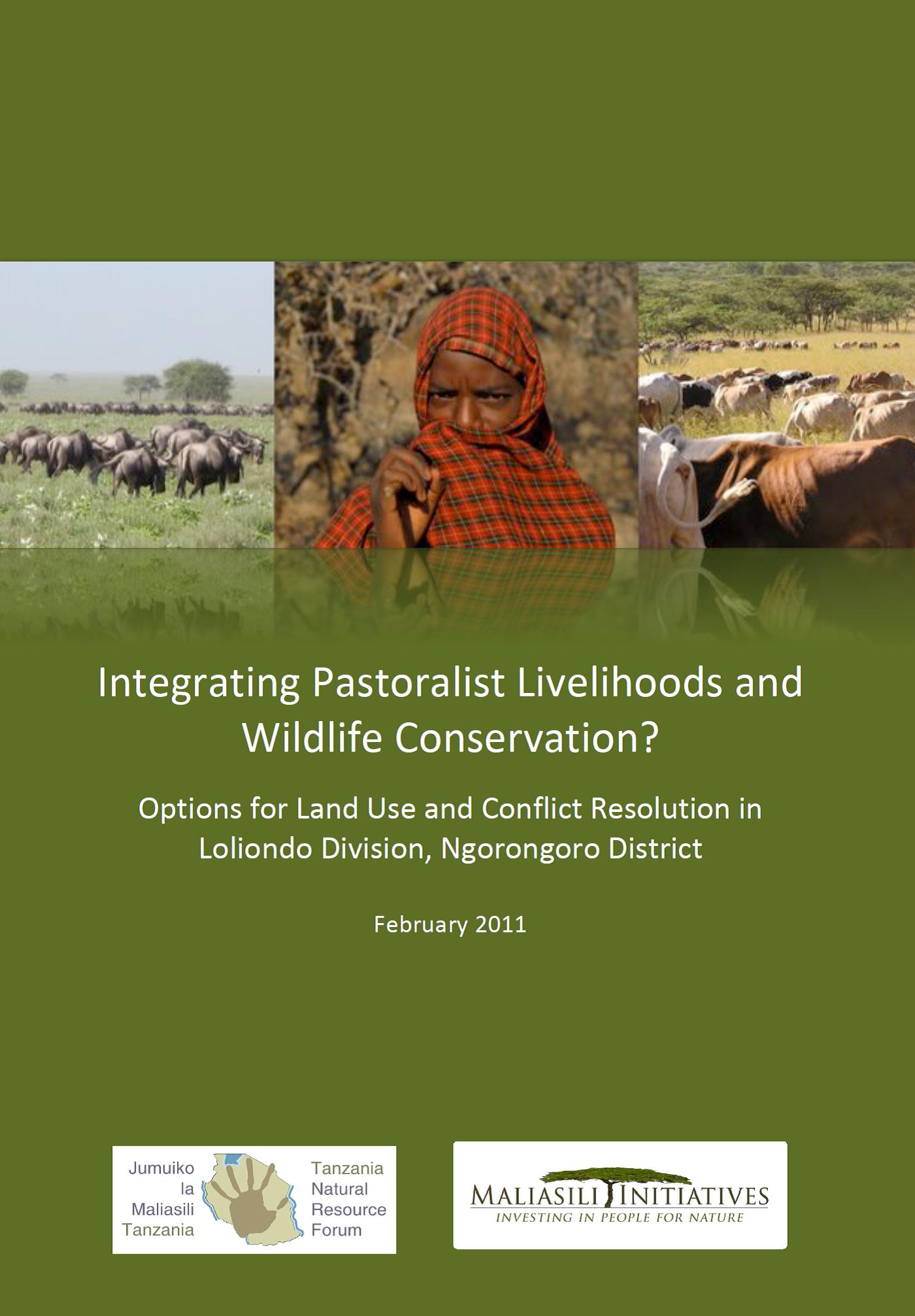Biofuel Investment in Tanzania
The study reveals a lack of accountability and governance in managing biofuel investments in the country. As a result, biofuel investments have done little to alleviate poverty, empower villagers, and protect the environment. As villages were unprepared, hastened to make decision, and were lured by words of the investors and leaders who promoted the benefits of the investment more than its threats.

